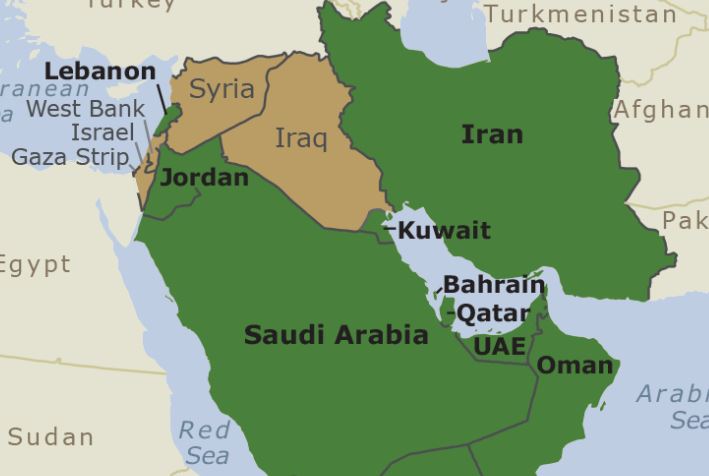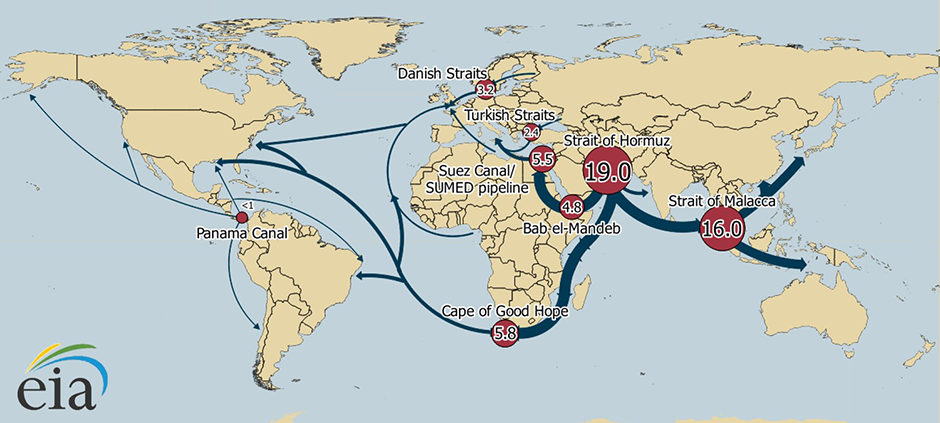Investors should be concerned about a potential war between Israel and Iran that could spread far beyond the Israeli border, Pulitzer Prize-winning columnist Thomas Friedman said on Tuesday.
“From an investor point of view, if I’m ranking my event risk, North Korea is No. 1, but Iran versus … Israel in the Syria-Lebanon theater, that is definitely high up there,” he told CNBC’s “Squawk Box” on Tuesday. “People better pay attention to that. That one can come out of nowhere.”
The best-selling author, who began his career covering the Middle East and writes the “Foreign Affairs” column for The New York Times, is concerned because he sees little standing in the way of a confrontation between Tel Aviv and Tehran, which has long called for the destruction of Israel.
The Quds Force, an Iranian military group active throughout the region, has established a foothold in the Golan Heights, a disputed territory on the Syrian-Israeli border, Friedman notes. Further, recent reports suggest Iran is building a permanent base in Syria, where it has backed President Bashar Assad in a five-year civil war.
“If that happens, the Israelis are going to go after it,” Friedman said.
Arab Peninsula and Persian Gulf

source: Centers for Disease Control and Prevention
Friedman acknowledges that the Iranians are skilled at advancing their regional agenda through proxy forces. But he says Tehran may be taking for granted its ability to wage war on Israel’s ground mainly through its Lebanese ally Hezbollah, whose southern stronghold straddles the northern Israeli border.
That is because Israel has been bulking up its submarine fleet over the last 10 years, according to Friedman.
“They’ve been buying submarines, and I guarantee you those submarines are in the Persian Gulf right now and they have cruise missiles on them,” he said.
The entrance to the Persian Gulf, the Strait of Hormuz, is one of the two most important strategic passages for the oil industry. Last year, 19 million barrels a day of petroleum products passed through the strait, according to the U.S. Energy Information Administration.
Across the Persian Gulf from Iran is Saudi Arabia, which has entered into a tacit alliance with Israel against Tehran, said Friedman.
“Anyone who thinks this war is just going to be the next war between Iran and Israel, is just going to be in the Golan or in South Lebanon, I think is fooling themselves,” he said. “I think it’s one of the most dangerous theaters in the world today.”
World oil transit chokepoints

Meanwhile, Russian President Vladimir Putin has become a “kingmaker” in the region, Friedman said.
“The Israelis have to go to him and say, ‘Hey, you better restrain these Iranians. Don’t let them get any closer,'” Friedman said. “We have to go to him now that we may be keeping some troops on the ground in Syria.”
But Friedman believes Israel cannot count on Russia to restrain Iran, he said.
The Kremlin, which is also allied with Assad in Syria’s civil war, has been able to extend its influence on the Arab Peninsula on the cheap, he says. The understanding is Russia provides air power while Iran and Hezbollah handle ground operations in Syria.

